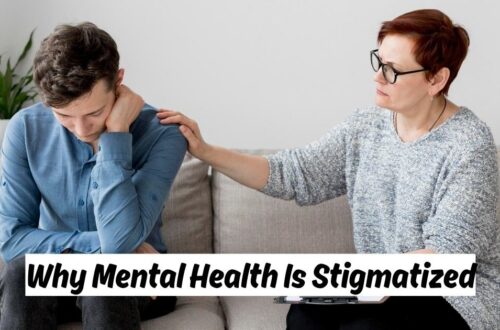Most people think of health as eating well, exercising, or sleeping enough. While these are important, there’s another side of health that often gets overlooked: emotional well-being.
Vibrant emotional health isn’t about smiling all the time. It’s about understanding your emotions, dealing with stress in healthy ways, and finding balance in your everyday life. When your emotions are steady, life feels lighter, challenges become easier, and joy feels deeper.

What Vibrant Emotional Health Means
Emotional health is your ability to handle feelings and respond to life in a healthy way. People with strong emotional health:
- Notice their emotions instead of ignoring them.
- Respond to stress without being overwhelmed.
- Keep relationships positive and supportive.
- Find small moments of purpose and satisfaction every day.
Think of it as emotional fitness. Just as you work out your body, you need to care for your mind and emotions.
Related article: Emotional Stress: Understanding, Managing, and Overcoming Daily Struggles
Why It’s Important
Your emotional health affects everything your body, your relationships, and how you live daily life.
- Better physical health: Chronic stress can lead to headaches, fatigue, and even weaken the immune system. Calm, balanced emotions support better sleep, energy, and overall wellness.
- Stronger connections: When you understand your emotions, you communicate better and build healthier relationships.
- Greater resilience: Setbacks and difficulties are easier to handle when your emotional health is strong.
- Clearer thinking: Emotional balance helps you make better decisions and focus on what matters.
In short, your emotional well-being touches every area of life.
Easy Habits to Boost Emotional Health
You don’t need big lifestyle changes. Tiny daily habits can make a huge difference.
1. Pause and Reflect
Ask yourself, “How do I feel right now?” Checking in with yourself lets you process emotions instead of ignoring them.
2. Connect With Positive People
Spend time with friends or family who make you feel supported. Even a short conversation or a shared laugh can lift your mood.
3. Move Your Body
Exercise isn’t just for physical fitness. A 15-minute walk, stretching, or dancing releases endorphins and reduces stress naturally.
4. Prioritize Sleep and Rest
A tired mind struggles to regulate emotions. Good sleep and short breaks during the day keep you emotionally strong.
5. Practice Gratitude
Write down a few things you’re thankful for each day. Gratitude shifts your focus from what’s missing to what’s already good in your life.
6. Set Boundaries
Learn to say no when needed. Protecting your time and energy helps you stay balanced and reduces stress.
7. Seek Support
It’s okay to ask for help. Talking to someone you trust or a professional can give you clarity and relief when emotions feel heavy.

Things That Can Block Emotional Health
Even when we try, certain habits can make emotional health harder to maintain:
- Negative self-talk: Constant criticism reduces confidence and happiness.
- Suppressing emotions: Ignoring feelings often makes them harder to manage later.
- Unhealthy coping: Overeating, alcohol, or distractions might temporarily help but don’t solve problems.
- Overloading yourself: Taking on too much leaves no room for rest or joy.
Awareness of these habits is the first step toward improving emotional health.
Related article: Emotional Habits: Shaping the Way We Think, Feel, and Live
Quick Daily Tips
Here are a few easy practices to keep your emotions in check:
- Take deep breaths before starting your day.
- Step outside for a few minutes of fresh air.
- Send a kind message or smile at someone.
- At night, think of one positive thing that happened during the day.
Small actions like these add up and strengthen your emotional resilience over time.
The Mind-Body Connection
Your mental and physical health are connected. Stress and negative emotions can cause headaches, fatigue, or stomach issues. On the other hand, joy, calm, and balance improve sleep, energy, and immunity.
Caring for your emotions is just as important as caring for your body they work best together.
Final Thoughts
Vibrant emotional health isn’t about avoiding sadness or stress it’s about balance, self-awareness, and resilience. With small daily habits like gratitude, movement, rest, and meaningful connections, you can feel calmer, stronger, and happier.
Remember, emotional health is a journey, not a destination. Every small step you take brings you closer to a life that feels lighter, more peaceful, and more fulfilling.





